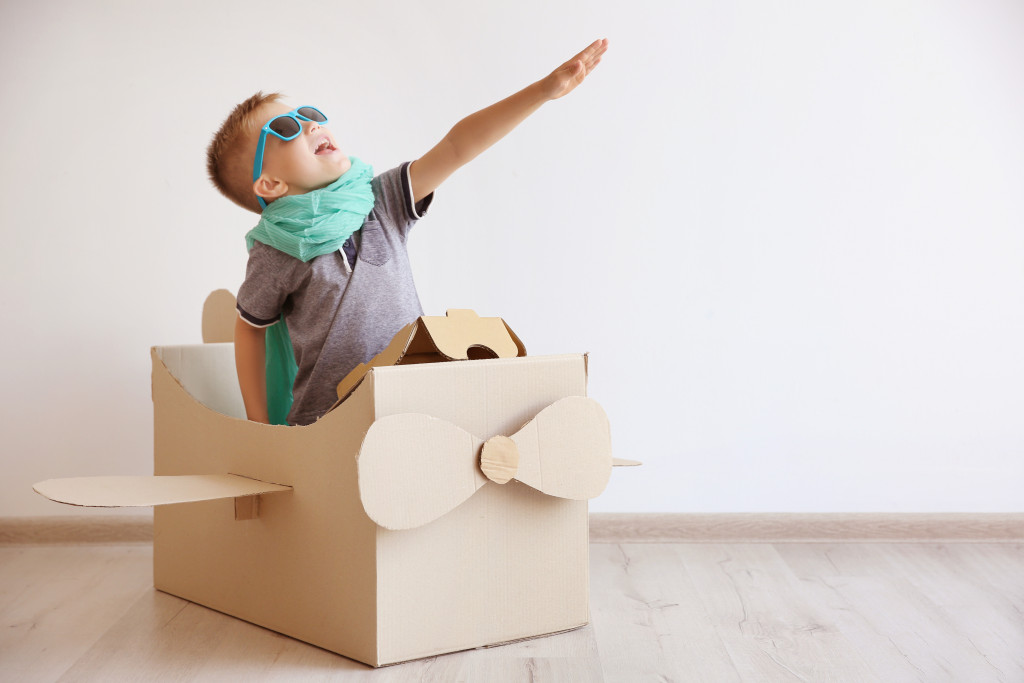• Establishing a safe and dedicated learning environment at home is key to successful formal education.
• Instilling a growth mindset in children helps them take risks, learn from failure, and think critically.
• Pre-K programs and fine motor skill-building activities help children develop the necessary skills for classroom success.
• Role-playing, being a role model, and encouraging cooperation are important steps to fostering social and emotional skills.
Preparing your child for formal education is a crucial milestone in their life. As a parent, you play an essential role in ensuring they are ready to face the challenges of entering a school environment. This journey does not begin and end with selecting the right school; it requires nurturing foundational skills, instilling a love for learning, teaching self-discipline, and fostering healthy social skills. Here are the best practices and strategies to put your child on the right path toward a successful formal education experience.
Creating a Learning Environment at Home
Before your children step foot into a classroom, establishing a learning environment in your home is vital. Remember that the home is the groundwork for your child’s formal education, so it’s important that they feel comfortable and safe in their learning environment. Here are ways to create an ideal learning environment:
- Ensure your child has a dedicated study area with the necessary supplies and materials.
- Encourage open communication between you and your child, and try to be available to answer questions or provide assistance when necessary.
- Provide plenty of opportunities for exploration through games, storytime, pretend play, art projects, and activities that allow your child to explore their interests.
- Encourage learning through creative outlets and traditional methods such as math worksheets or reading comprehension exercises.
Nurturing a Growth Mindset
Children with a growth mindset believe they can improve their abilities and intelligence through hard work, feedback, and learning new strategies. To cultivate a growth mindset, you can do the following:
Encourage Them to Take Risks
Taking risks may challenge some children, especially those who are naturally more timid or anxious. However, it’s important to help your child understand that taking risks can lead to great rewards. Encourage them to take on new tasks and activities even if they may feel scared or uncertain initially, as this will build their confidence and self-esteem.
Help Them See Failure as a Learning Opportunity
It’s natural for children to feel discouraged when they don’t succeed at something. Instead of dismissing their failure, help your child see it as an opportunity to learn and grow. Show them how making mistakes is part of the learning process and can be used to improve in the future.
Teach Them to Think Critically
Critical thinking is an important skill for formal education and beyond. Start teaching your children problem-solving skills by asking them questions requiring more than a yes or no answer. This will force them to think critically about their solutions and create creative solutions to everyday problems.

Building Essential Skills Early
Entering formal education, children should have developed essential motor, language, and cognitive skills necessary for classroom success. There are ways they can learn these skills at home, such as:
Enroll in Pre-Kindergarten
A pre-kindergarten class is a great way to introduce your child to a traditional classroom setting. Pre-K programs will help them build the necessary skills needed for school, such as following instructions and interacting with other students. Additionally, instructors in pre-K classes can help identify and address any possible learning challenges early on.
Utilize Fine Motor Skills Activities
Through activities such as puzzles, stacking blocks, drawing, and using scissors, your child can develop the fine motor skills they need to write, draw, and do other tasks. These activities also help with their hand-eye coordination and problem-solving skills.
Read Books Together
Reading books with your child is an excellent way to introduce them to language and increase their ability to read on their own. Doing this regularly will also help their comprehension, vocabulary, and literacy skills. Not only that, but you’ll be helping instill a love for reading and learning.
Encouraging Social and Emotional Skills
Social and emotional skills are essential to your child’s learning and progress in school. Teach them how to express their feelings, communicate with others, and resolve conflicts healthily. Here are some of the social interactions your child can practice at home:
Role-Playing

Practicing social interactions helps children become more comfortable with navigating unfamiliar scenarios. Have your child role-play different situations, such as introducing themselves to a new classmate or asking for help from their teacher.
Be a Good Role Model
Children learn through observation and mimic the behavior of those around them. Show your child how to treat others respectfully and be patient when they make mistakes. Your child will pick up on these behaviors and use them in interactions.
Encourage Cooperation
Your child must understand the importance of collaboration and teamwork, especially at school. Have them work on tasks with siblings or other children to encourage cooperation and help them develop their social skills.
When it comes to education, every child is different. However, these strategies and best practices can help make the transition to formal education smooth and successful for your children. With your guidance, they can confidently enter the classroom, knowing that they have the skills and knowledge necessary to succeed in their academic journey.
